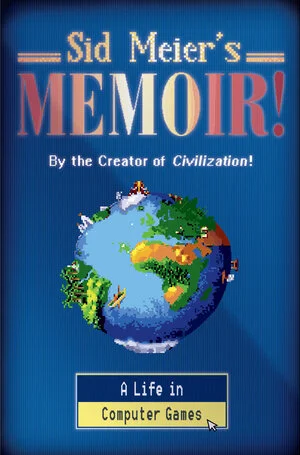Mortal Shell (PC, PS4, Xbox One)
Roger Whitson, Managing Editor
Mortal Shell is a beautiful ballet of clumsiness. Stamina is in short supply and refills slowly. The two-handed Hallowed Sword gained early in the game overswings and leaves you open to counterattacks. An even larger and more awkward Martyr’s Blade can be acquired later in the game. Enemies follow you for lengthy periods of time, and even the most experienced player can be surprised by a stray hit from enemies long forgotten. Weltcap mushrooms are offered early on as a means of refilling health, but they refill so little and take so long to work. There is nary an estus flask in sight. The most reliable way to refill health comes in the form of parries and ripostes that are difficult to pull off and require resolve, which only slowly refills as you defeat wave after wave of enemies. I’ve rarely felt so vulnerable and weak than in Fallgrim, Mortal Shell’s first stage.
Many reviewers have commented on the thematic similarities between Mortal Shell and From Software’s 2009 Demon’s Souls, the game originating the Souls-like subgenre of action role-playing games. Souls-like games are known for their difficult mechanics, including currency that’s lost after death and combat that’s methodical. Such games are often set on broken or postapocalyptic worlds and feature undead protagonists. The need to be careful in such games often combines with images of broken castles and dead warriors to heighten the player’s sense of precariousness. This is particularly true of Mortal Shell, whose player character is called the foundling, a weak wraith who can only become more powerful by possessing the bodies (or shells) of one of four different warriors: Harros, the Vassal; Tiel, the Acolyte; Solomon, the Scholar; and Eredrim, the Venerable. I picked Tiel, since I liked the increase in stamina, even though it came at the cost of hit points.
Fallgrim boasts a remarkably twisted layout leading to three different temples. I can’t count the number of times I got lost only to get promptly killed by campsites of banjo-playing bandits or, when the mist descends, by blind beasts who pounced on my back to feast on my flesh. Most of the early hours I spent in the game consisted of running away from these encounters. As I tackled the three temples, I faced bosses with a wide variety of difficulties. Perhaps the one who elicited the most screaming from me was Tarsus, The First Martyr: a white armored knight who skates on the ice-covered sea of the Crypt of Martyrs and wields a giant Great Sword. Tarsus would creep up to me invisibly, then swing his sword in these slow cumbrous swipes. I missed the timing of his swings regularly, and quickly fell to his ice-crusted awkwardness.
Yet, the final boss of Mortal Shell is its biggest disappointment. The story behind how this boss appears in the game is a spoiler, so I’ll let players discover that for themselves. His attacks are too predictable and the most difficult mechanic, for me, consisted of summoning mobs of adversaries. I often have difficulty with crowd control and, with the exception of the brilliant Spear of the Church fight from the Ringed City DLC of Dark Souls 3, find such battles to lack the imagination of some of the more memorable bosses in Souls-like games. I loved the story behind the final boss and his grotesque design. But when finally confronting the culmination of Mortal Shell, I found it a curious anti-climax.
As a whole, Mortal Shell is a brilliant demonstration of Cold Symmetry’s ability to craft a Souls-like experience with a small team of experienced AAA developers. The game seems like it might be a proof-of-concept for a much deeper vision that could come later, should the game prove to be a hit with the gaming community. Perhaps the most striking aspect of that vision is its dark humor, exemplified in the boss of the Shifting Archives: Crucix, the Twiceborn. Crucix’s brother is housed in his belly and dies after the first round of the battle. Afterwards, Crucix cradles his dead brother, hanging limply in his flesh — then screams to the heaven before swearing revenge and attacking. It’s one sad, strangely comic detail among many in Mortal Shell, truly demonstrating how future installments of this game could expand on the dark themes already explored in many Souls-like experiences. I hope to have the opportunity one day to return to this fallen land.
GwG Badge: Recommended





